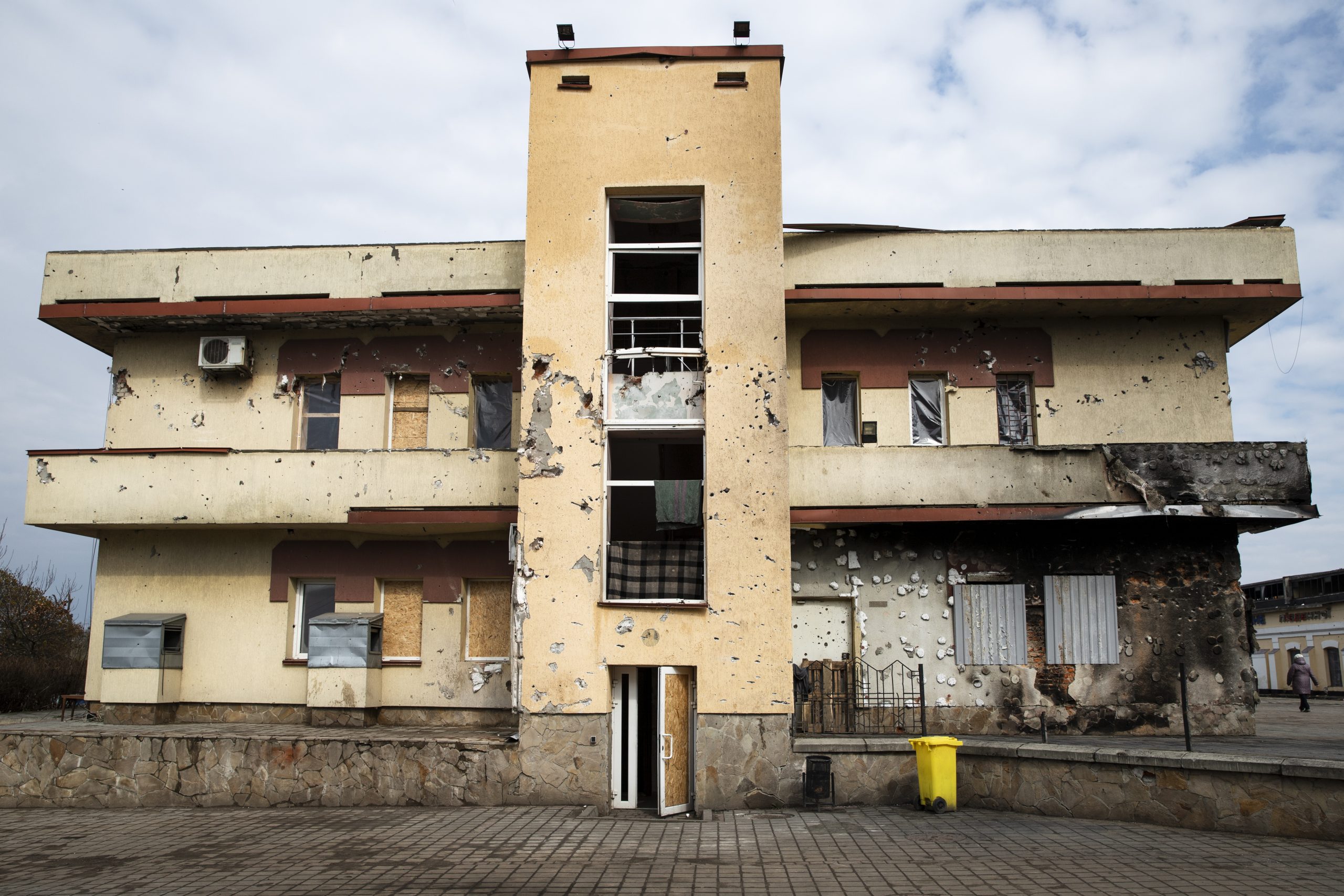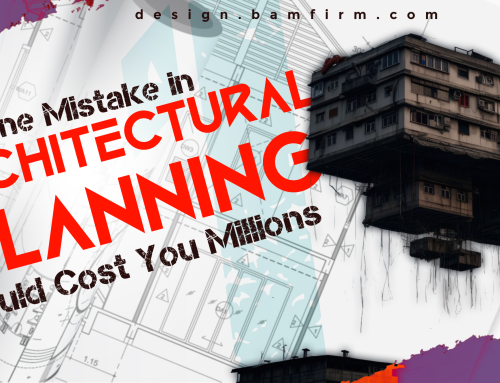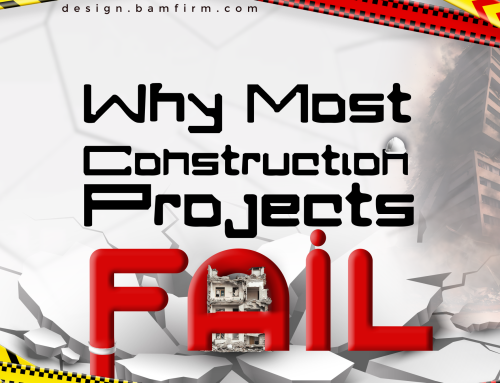Discover why many buildings in Nigeria don’t last 20 years. Learn how corruption, shortcuts, poor materials, and weak maintenance culture destroy structures and why hiring the right professionals matter.
Let’s say the truth: too many buildings in Nigeria no dey reach 20 years before heavy wahala starts cracks, leaks, structural shifts, strange sounds at night (and not the spiritual type).
If you’ve ever passed one street today and come back next year to see one house don bend, crack, or done turn swimming pool whenever rain falls… you’re not alone.
Across Nigeria, many buildings begin to fail before they even reach their 20th birthday which should NEVER happen for a properly built structure.
See ehn, buildings no be pure water. They’re supposed to last 40, 60, even 100 years if done well.
But why do ours collapse?
This article breaks down the real reasons behind it with clarity and honesty.
Across Nigeria, many buildings begin to fail before they even reach their 20th birthday which should NEVER happen for a properly built structure.
- Corruption: The Silent Structural Killer
Corruption eats a building faster than termites.
It affects:
- material quality
- structural design
- supervision
- enforcement of standards
Imagine budgeting for high-grade reinforcement but someone buys iron rods that can bend like boiled spaghetti. That alone shortens a building’s lifespan drastically.
Corruption in construction means contractors cut corners, suppliers cheat, and inspectors look the other side. When money is prioritized over quality, buildings suffer.

- Corruption: The Silent Structural Killer
Corruption eats a building faster than termites.
It affects:
- material quality
- structural design
- supervision
- enforcement of standards
Imagine budgeting for high-grade reinforcement but someone buys iron rods that can bend like boiled spaghetti. That alone shortens a building’s lifespan drastically.
Corruption in construction means contractors cut corners, suppliers cheat, and inspectors look the other side. When money is prioritized over quality, buildings suffer.
- Shortcut Syndrome (“Make We Just Manage Am”)
This one is national behaviour.
Examples:
- Compromising on concrete mix ratio
- Shallow foundation to “cut cost”
- Rushing construction timelines
- Using substandard roofing sheets
- Installing beams and trusses without adhering to structural design details.
Shortcuts don’t save money; they delay disaster.
Lots of people want big houses on mini budgets. So contractors compromise: shallow foundations, fewer reinforcement bars, weak concrete mix all just so the project is “fast and cheap.” That’s a recipe for disaster.

- Poor Maintenance Culture
Once the building is up, maintenance goes on vacation. Nigerians love new things, but we don’t love maintaining them.
Roof begins to leak?
“Just put bucket.”
Wall crack?
“Wallpaper go cover am.”
Electrical fault?
“Shift the wire small.”
Buildings, like humans, age and without maintenance, they age terribly fast.
- Using Unskilled Labour
Some labourers are not trained; they’re the “uncle’s boy who sabi small.” They build, but they don’t build right. The result: poor finishes, unstable roofs, and structural failure.
And that’s how:
- roofs fly during rainy season
- tiles dance azonto
- doors refuse to close
- plumbing leaks after two weeks
Cheap labour is expensive in the long run.
- Wrong Materials for Nigerian Climate
Nigeria has:
- harsh sun
- heavy rain
- strong winds
- saltwater environments in coastal areas
Yet some people buy materials meant for cold climates and expect magic.
Paint peels, roofs rust, blocks crumble.
Material must match environment.
- Zero Compliance with Building Codes
Nigeria has strong building regulations, but enforcement is weak and compliance is even weaker.
Skipping approvals and inspections is like skipping a medical checkup:
You don’t die immediately, but the problem is waiting for you.
The truth is simple:
Most buildings in Nigeria don’t last because people cut corners financially, structurally, and professionally.
But the good news is this… your building doesn’t have to join the statistics.
Why Bam Consults Is the Right Choice for Any Serious Project
At Bam Consults, we don’t believe in shortcuts, guesswork, or the “manage am like that” approach.
We combine Architectural expertise, Professional Construction, and Quality Interior Design to ensure:
- Long-lasting structures
- Accurate technical drawings
- Proper supervision
- Quality materials
- Skilled labour
- Compliance with standards
- Designs that match Nigerian climate and soil conditions
When Bam Consults handles your project, you’re choosing durability, safety, beauty, and peace of mind.
Your building shouldn’t just last 20 years
It should stand strong for generations.
Also Read:
Common Challenges in Construction Projects and How to Overcome Them
Why most construction projects fail and how to avoid it.
One architectural planning mistake that could cost you millions






It’s sadly true that many buildings don’t last as long as they should; the point about shortcuts with materials really resonated. I also found some interesting related discussion on steal-brainrot-duel regarding building standards.